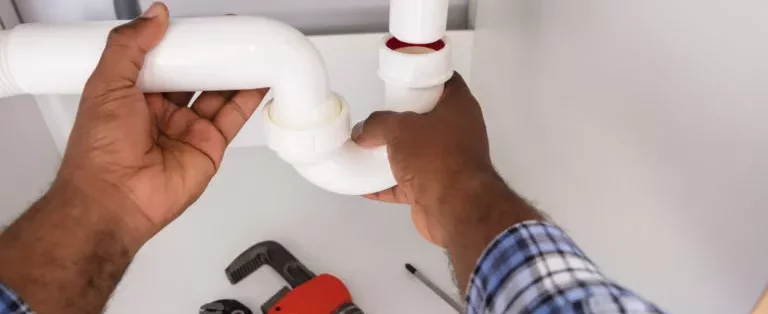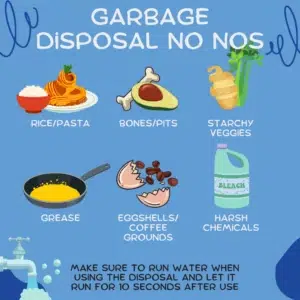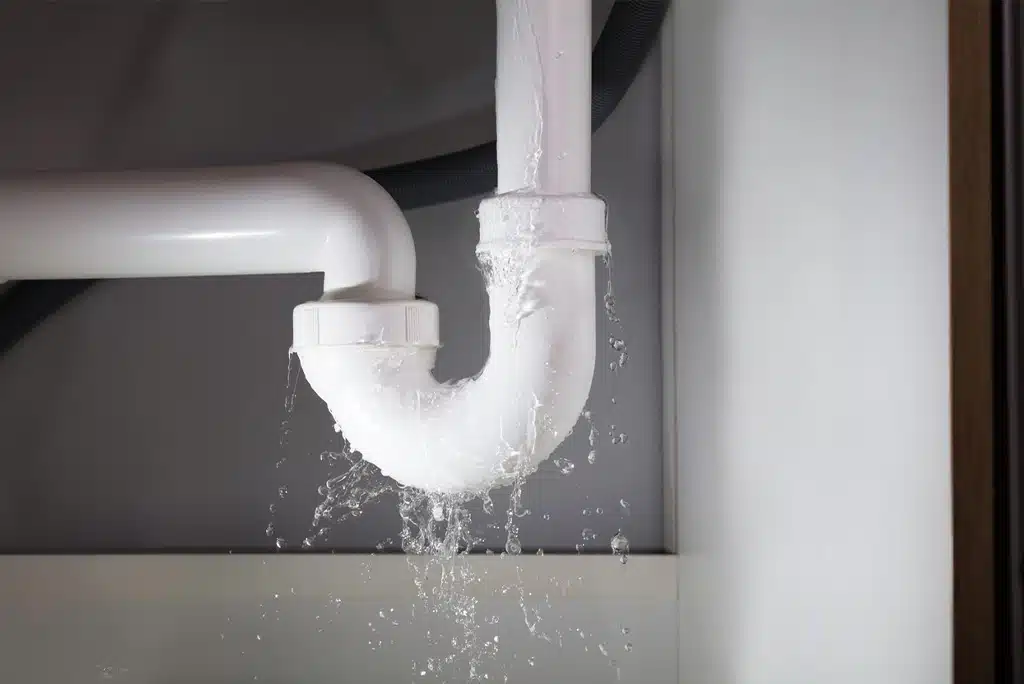How To Prepare for Emergency Plumbing Situations This Winter

Facing a plumbing emergency in the middle of winter is stressful. Since there are usually more guests in your home and you’re spending more time in the kitchen, you tend to depend more on your plumbing system in winter than during any other season of the year. Thankfully, there are ways that you can prevent the most common and severe winter plumbing issues. The team at Air Experts has put together the following guide full of preventative tips to decrease your chance of experiencing plumbing emergencies this winter.
Prevent Water Heater Failure
There are two very common issues with water heaters that our team sees every winter: Either there’s a heating element failure and you can’t get any hot water, or there’s a sediment buildup at the bottom of the tank.
Solution: Your local plumbing professional can replace a heating element. If you would like to replace your water heater’s heating element yourself, you’ll need to have a good idea of what type your water heater manufacture recommends. You can find this information in your owner’s manual.
Depending on the hardness of water in your region, sediment buildups might be more common for you than for others. Raleigh’s water is considered soft, but sediment buildups affect every water heater tank at some point. The way to remove a sediment buildup is to flush your water heater tank at least once every three to six months.
Keep Drains Unclogged
Since more homeowners cook and bake for the holidays, another common plumbing issue we see in winter is a clogged kitchen drain caused by food that should not go through the garbage disposal.
Solution: Dispose of grease, oil, coffee grounds, eggshells, and bones in a trash can rather than your garbage disposal. These items can not only jam your disposal but can also harm your piping system, which can lead to expensive repairs. For garbage disposal, check out Norma’s video on our YouTube channel. If you’re struggling with a clog, don’t try to remove it yourself. Instead, contact your local plumber to avoid accidental damage to your pipes.

Protect Against Frozen or Burst Pipes
Not keeping your piping well-insulated can lead to frozen pipes and, later, burst pipes, which can cause serious and costly damages to your home. You’ll notice that your pipes are frozen if you turn on the tap and there’s no water running out of the faucet. Frozen pipes can expand and burst if not addressed.
Solution: When the weather forecast shows that the temperature in your area will drop below 40 degrees (especially overnight), turn on each faucet in your home to a small trickle. If a pipe in your home has already frozen, keep the faucet tap on so that if a trickle of water starts, your pipes begin thawing.
Also, open the cabinets under sinks to expose pipes to warmer air circulating throughout your home. Keep your outdoor pipes well-insulated with pipe covers, which you can find at your local home improvement store.
Ask a Plumbing Expert
If you’re experiencing any of these plumbing issues and would like a professional to take a look, we recommend contacting your local plumbing expert. For Raleigh residents, Air Experts has been solving plumbing issues for residents and businesses in Raleigh since 1986. Our expert plumbers have the experience and knowledge to repair any plumbing issues you encounter this winter.
If you found this post helpful, check out our other blog posts, subscribe to our YouTube channel, and follow us on social media for more HVAC and plumbing tips, information, and fun!
Air Experts is always here for your Heating, Cooling, Indoor Air Quality, Plumbing, and Water Treatment needs. Our award-winning customer service team is available 24/7, or you can easilybook an appointment online.







